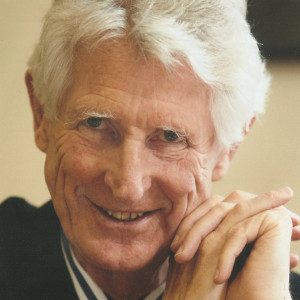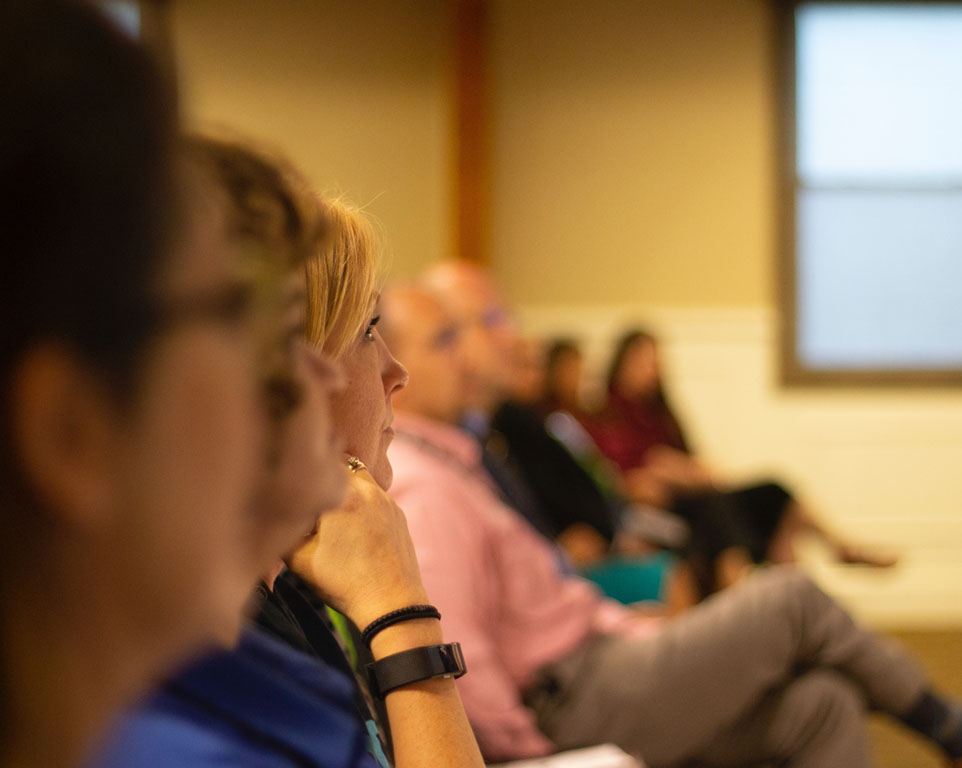Welcome
to ANZAP

Upcoming ANZAP Events
| No events |
Australia and New Zealand Association of Psychotherapy (ANZAP)
A Conversational Model of Psychodynamic Psychotherapy
ANZAP provides advanced clinical training, supervision, and professional development to mental health and related professionals working within or outside of the publicly funded or subsidised mental health care system. The psychotherapy training program offered by ANZAP is specifically designed to help psychologists, mental health nurses, social workers, general practitioners, psychiatrists and registrars and others to work more effectively with patients/clients and particularly those presenting with significant traumatic histories.
Established in 1987, ANZAP arose out of the psychotherapy program developed at Westmead Hospital in 1983. The program, which continues to run today, was founded on the clinical and theoretical ideas developed by Russell Meares and Robert Hobson from their experiences as clinicians at the Bethlem Psychiatric Hospital in the nineteen sixties and seventies. They worked with patients who at that time were considered untreatable and are now diagnosed with borderline personality. From these ideas emerged the therapeutic approach known as the Conversational Model.
ANZAP offers training in the Conversational Model over a supervised three-year period during which time the trainee will develop the clinical skills and personal awareness to qualify as a psychotherapist.

Vale Emeritus Professor Russell Meares
On June 11th we received the devastating news of Russell Meares’ death.
The notice below is a preliminary one but gives some idea of Russell’s enormous impact, not only on ANZAP, but on the scientific communities of medicine, psychiatry and psychodynamic psychotherapy.
Read more...
About ANZAP
ANZAP trains, supervises and provides professional development for mental health and related professionals in The Conversational Model of Contemporary Psychodynamic Psychotherapy. ANZAP is a training organisation which fosters the development and growth of psychotherapists who specialise in therapy for people with complex presentations.


About The Conversational Model
The Conversational Model was established in the United Kingdom and has a contemporary home in Australia and New Zealand. In the 1960’s in the United Kingdom psychiatrist Robert Hobson, a Jungian analyst, and a young Australian psychiatrist, Russell Meares, began working in a different way with clients who were typically unresponsive to standard treatment. This group is now described as experiencing Borderline Personality Disorder/Complex Post Traumatic Stress Disorder (PTSD).
Training in the Conversational Model
ANZAP offers an advanced level one-year, plus two-year part-time course. The training is conducted in small groups and is suitable for mental health professionals already involved in psychotherapy and counselling.
The training focus is work with people who have experienced trauma, complex trauma and personality disorders and other treatment resistant conditions.


ANZAP Events
ANZAP has a range of Professional Development events over the year, including conferences, ongoing seminars and workshops.
ANZAP Community
The Conversational Model is an evidence-based approach for experienced practitioners working with complex trauma and personality disorders.
Training with ANZAP

Our training is conducted in small groups and is suitable for mental health professionals already involved in psychotherapy and counselling - psychiatrists, general practitioners, psychotherapists, psychologists, counsellors, mental health nurses and allied health professionals.
Read more
Membership Benefits

Advantages of ANZAP membership include:
Collegial connection with a growing membership of like-minded psychotherapists.
An individual listing on the publicly available ‘Find a Therapist’ directories.
Supporting your ongoing professional development as a psychotherapist...
Read more
Professional Development

ANZAP has a range of Professional Development events for mental health professionals over the year, including:
Conferences
Seminars
Workshops.
Read more
